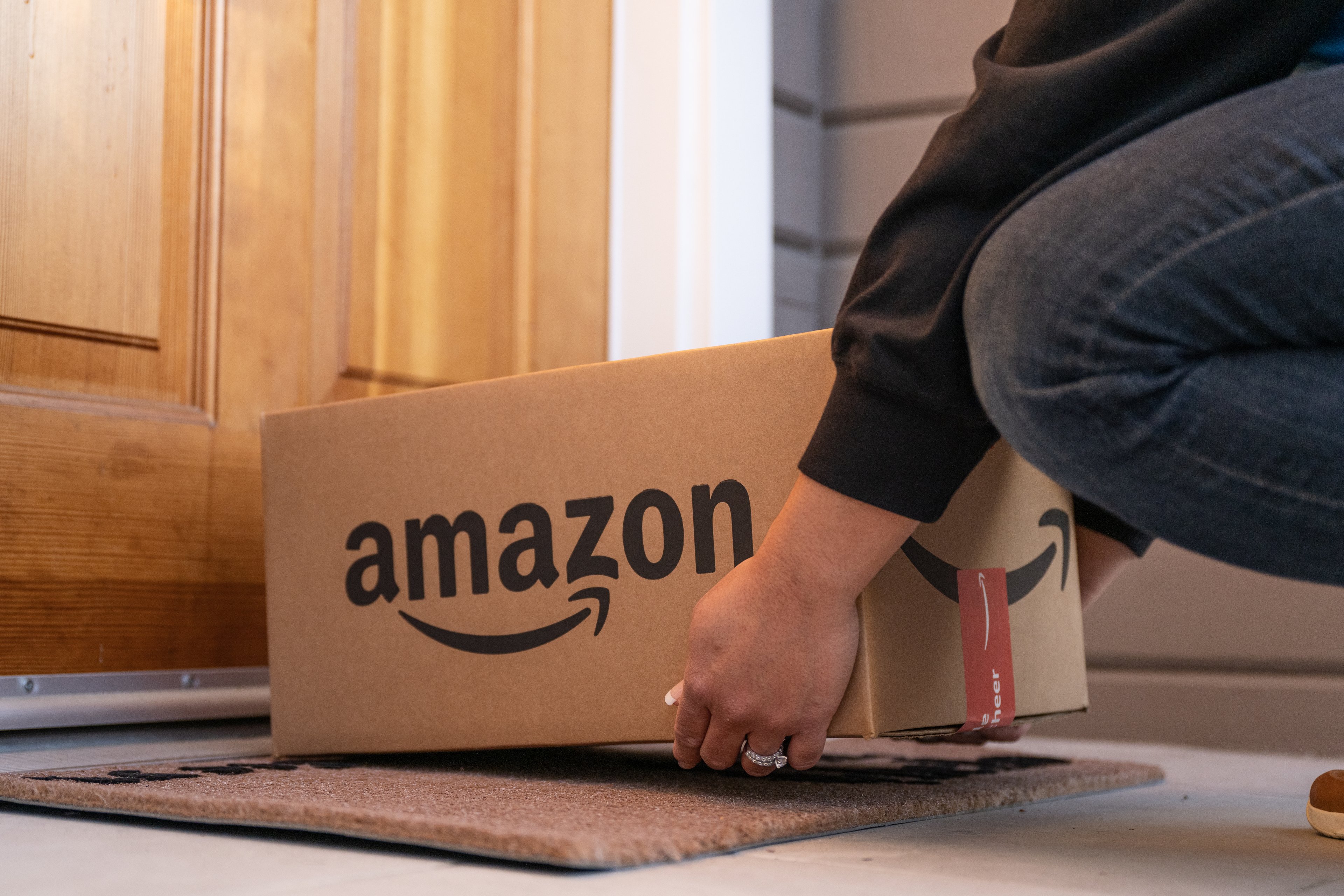Check out all our earnings call transcripts.
Not all tech stocks are created equally. If you're the type of investor who prizes safety above all else, then there are a few things that you should look for in any potential investment.
In this segment from Industry Focus: Tech, host Dylan Lewis and Fool.com contributor Brian Feroldi discuss the checklist that they use to find low-risk tech stocks.
A full transcript follows the video.
This video was recorded on Jan. 11, 2019.
Dylan Lewis: Before we get into the companies that we're going to discuss, why don't we break down exactly what investors should be looking for? True to form in doing a show with you, Brian, we have a checklist, we have a guideline that we're going to be basing a lot of our analysis off of. One of the big things when I'm considering things that can weather a recession or a prolonged downturn is, how does what the company offers fit into what consumers are doing with their buying decisions?
Brian Feroldi: Yeah. When a downturn comes, you need to think through the business model of the company. Companies that have products that are in demand no matter what's going on, that can depend on their revenue and net income staying stable even during downturns, are obviously going to fare much better during a recession than companies that are much more cyclical. When you're thinking through the stocks that you own, it can be a good practice to think about what would happen to their revenue and profits if the economy was to slow down.
Lewis: I think one of the clearest examples for something like this is, you look over in the retail space, a company like Tiffany & Co. They're probably going to struggle a little bit more during an extended period of economic hardship because people just aren't buying luxury goods the same way they would if they have more disposable income and times are particularly good. On the flip side, the bargain companies, companies like TJ Maxx, those types of businesses might do a little bit better because they're offering discounts to the people that are coming into the store.
Feroldi: That's a good way to think about it. Even in the tech space, some companies rely on a strong economy to grow, whereas other companies do not. Their products will be in demand no matter what's going on. So, even within the tech sector, you can find companies that are far more resistant to downturns than others.
Lewis: We also want to look a little bit at the books here. We're going to call this one financial security. This comes down to having a relatively low debt load and having some cash on hand to pay bills. This is something we've talked about the importance of quite a bit with you on the show in the past, Brian.
Feroldi: Yeah. Definitely, debt can be a killer when your business is heading south. Another factor I'd throw in there is, make sure that the company is consistently profitable and it's pumping out cash flow. Some of the companies we're going to talk about do have a substantial amount of debt, but as long as their business is highly resilient, you can feel good that they can be able to fund their needs throughout any downturn.
Lewis: Something else that we'll want to see with these businesses is something that leads to growth, it's a clear sustainable competitive advantage in a market that is growing. You'll hear very often that people should be looking at some consumer staples in this type of market. A lot of people throw out the Procter & Gambles, the Cloroxes, maybe even some of the tobacco companies of the world. I think the thing that you have to keep in mind there is, are the markets that those companies are serving growing? Sometimes, the answer is no. You're paying for security that...I mean, I guess there's a higher floor, but there isn't much of a ceiling in terms of where those companies could go.
Feroldi: Yeah. Companies that are selling into a market that is naturally growing, even during a downturn, are obviously going to have a much better chance at maintaining or even growing their revenue and profits than one that is in a declining market.
Lewis: Another big thing for us is looking at how these companies have endured past downturns. I think this is particularly important for companies that have dividend programs in place. You go back to the financial collapse of 2007, 2008. How did this company do? If the management is still in place there, how did they make decisions? How did the company weather that period?
Feroldi: The Great Recession was obviously extremely painful, but one of the great things for investors is, you can go back and look at how your companies performed during that period. If your company's revenue and profits were pretty steady, you can feel good that you have a good company. If, on the other hand, their revenue and profits declined significantly, that can give you a sense of the company's risk profile.
Lewis: Something that I think we need to recondition ourselves for with this show is, we'll very often look at a company's valuation and care about it, but also see that a high valuation is indicative of a potentially large total addressable market, and the fact that there's a lot of demand for this company to meet with the products they're going to be rolling out there. Of course, in a downturn, people are going to be more sensitive to the valuation multiples that companies sport. If you're looking at those nosebleed valuations, those are the companies that are going to be really hit by any major sell-offs in the market.
Feroldi: Yeah, the growth companies that we like to talk about often sport very high valuation multiples, and those are some of the first stocks that get hit the hardest when investors flee for safety. We don't typically talk about valuation when we're talking about high-growth [software-as-a-service] stocks, for example, but in the case where you're thinking defense first, valuation is much more important.
Lewis: The simple reason there is, the downside is pretty much baked in, to a certain extent. For a company like Apple, that trades at maybe the low teens in terms of earnings, maybe even lower, given some of the recent sell-off, they can only go so much lower because so little is currently priced into the stock. Totally different story for a company that is not yet profitable and has 30%, 50% sales growth currently baked into the valuation.
Feroldi: I think that's 100% true. Companies like Apple, which are big and stable, will naturally be a little bit safer for investors.
Lewis: Speaking of Apple, it's a good queue-up for last one, and that's limited exposure to struggling markets. China is one of the big ones to focus on here, but looking back at that show that Evan and I did on Apple last week, talking about Tim Cook's letter, that was one of the really big first signals that the economic deceleration in China was being felt by U.S. companies in a major way. You want to be sensitive to the markets that companies are serving and how those markets are doing. That's going to have an outsized effect on what goes on with the stock.
Feroldi: I think that's 100% correct.





